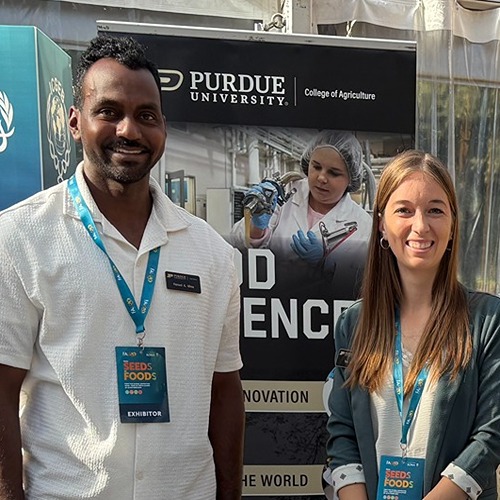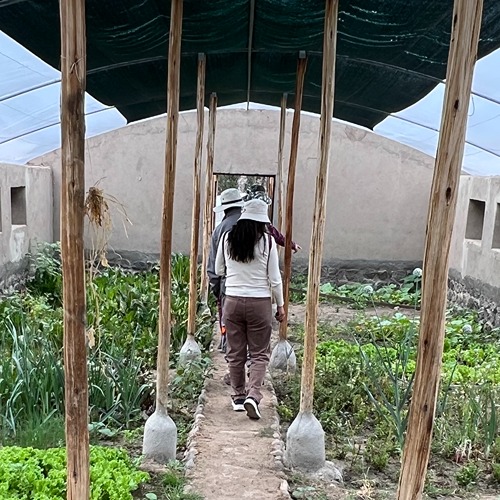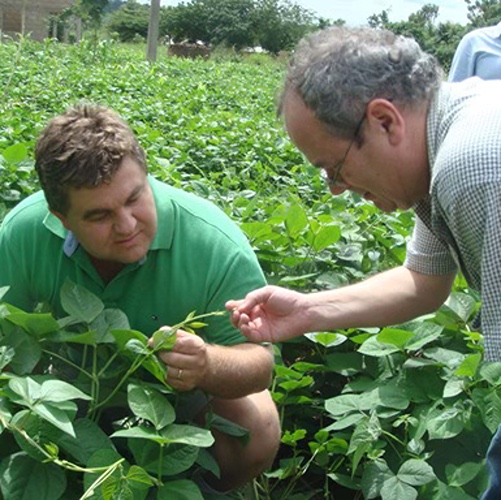International Programs in Agriculture
The office of International Programs in Agriculture at Purdue University promotes and facilitates international activities in the College of Agriculture through collaboration with educational institutions, agencies and organizations throughout the world. These partnerships are designed to help improve agriculture, natural resources, and food systems locally, regionally and around the world, as well as enrich communities at Purdue, Indiana and beyond.
To impart global understanding and to partner effectively worldwide, we maintain and promote an open and welcoming campus environment where students, faculty and staff of all backgrounds have a sense of belonging and can collaboratively learn, work and serve.CONTACT US
International Programs in Agriculture
ipia@purdue.edu
615 Mitch Daniels Blvd
West Lafayette, IN 47906
(765) 494-2780
Communications Lead
Nyssa Lilovich
nclilovi@purdue.edu
Featured Story
Featured Story

Two representatives from the Department of Food Science recently traveled to Rome, the headquarters of the Food and Agriculture Organization of the United Nations (FAO), to present groundbreaking research and student-led innovations at the FAO...
Read More




